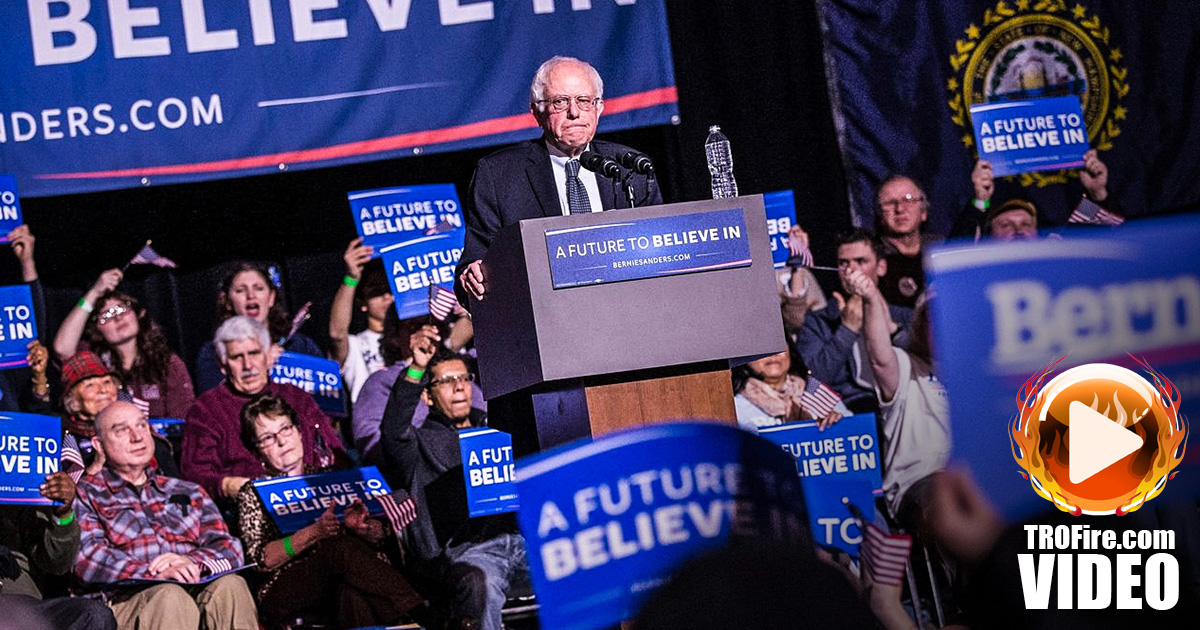It’s no secret that the fossil fuel industry and the government are horribly intertwined, but a recent investigation by The Guardian reveals just how codependent their relationship really is and just now much it’s costing American taxpayers.
The Guardian examined three specific projects — one each run by Shell, ExxonMobil, and Marathon Petroleum — and found that all three corporations benefited from huge tax subsidies granted, of course, “by politicians who received significant campaign contributions from the fossil fuel industry.”
Specifically, the investigation found that:
- A proposed Shell petrochemical refinery in Pennsylvania is in line for $1.6 billion in-state subsidy, according to a deal struck in 2012 when the company made an annual profit of $26.8 billion.
- ExxonMobil’s upgrades to its Baton Rouge refinery in Louisiana are benefiting from $119 million of state subsidy, with the support starting in 2011, when the company made a $41 billion profit.
- A jobs subsidy scheme worth $78 million to Marathon Petroleum in Ohio began in 2011, when the company made $2.4 billion in profit.
Overall, these three projects cost taxpayers nearly $2 billion. There is no reason the government should be giving these hugely successful corporations such huge tax breaks, especially when considering the amount of environmental damage oil production and consumption causes.
“Subsidies to fossil fuel companies are completely inappropriate in this day and age,” Oil Change International’s executive director Stephen Kretzmann. “Climate science is clear that the vast majority of existing reserves will have to stay in the ground, yet our government spends many tens of billions of our tax dollars – every year – making it more profitable for the fossil fuel industry to produce even more.”
Unfortunately for Kretzmann — and the Earth, the politicians doling out these gigantic tax subsidies deny climate change is real and man-made, or at least they publicly say they are. Admitting that it’s real and problem would definitely have an effect on campaign contributions from the fossil fuel industry.
“Big oil, gas, and coal have huge influence on politicians and governments and they get that influence the old fashioned way — they buy it,” said Kretzmann. “Through campaign finance, lobbying, advertising, and super [political action committee] spending, the industry has many ways to influence candidates and government officials seeking re-election.”
“Every single well, pipeline, refinery, coal and gas plant in the country is heavily subsidized. Big Fossil’s lobbyists have done their jobs well for the last century.”


